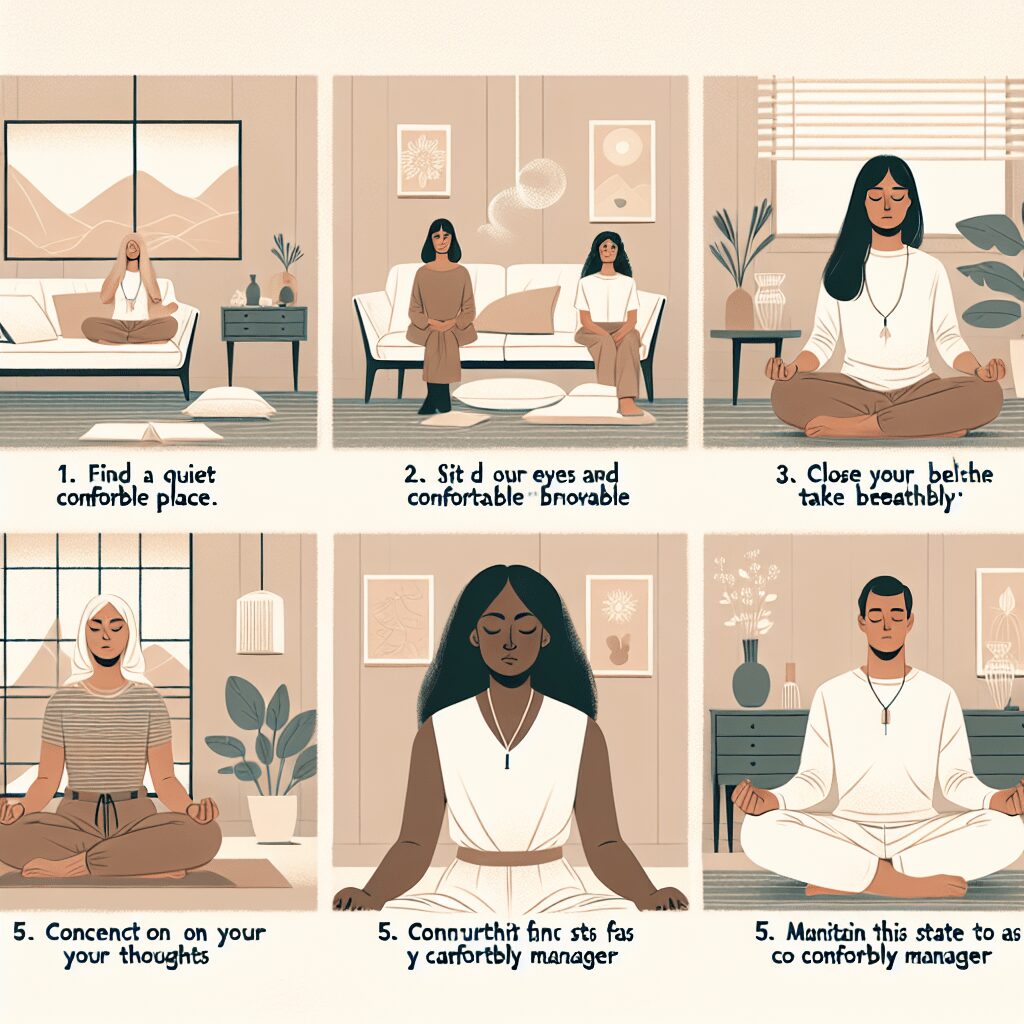
Prioritize your mental well-being daily. Enhance your life by nurturing your mental health with the Smart Meditation app. Break free from stress, alleviate anxiety, and enhance your sleep quality starting today.
How Does Physical Activity Reduce Depression?
Unraveling the Connection: Physical Activity and Depression
In today’s fast-paced world, where the hustle and bustle can often leave us feeling depleted, managing mental health can seem like climbing Everest. Yet, amidst the plethora of advisories and prescriptions, one remedy stands out for its accessibility and effectiveness: physical activity. Akin to a Swiss Army knife for mental health, indulging in regular physical exertion isn’t just beneficial for the body but is a powerhouse of positivity for the mind. But how exactly does breaking a sweat act as a balm for the blues? Let’s dive in and dissect this wellness phenomenon.
The Science Behind the Sweat
You’ve likely heard the adage, “A healthy body hosts a healthy mind,” but this is more than just a piece of folk wisdom. Scientific studies have decisively linked regular physical activity to significant reductions in symptoms of depression. The mechanics of this transformation are fascinating and multifaceted, involving a cocktail of biological and psychological ingredients that work in tandem to uplift one’s mood.
-
Endorphin Elevation: Hitting the ground running (quite literally) kickstarts the production of endorphins, the body’s homegrown opiates. These natural mood lifters are key players in the fight against depression, offering a euphoric ‘runner’s high’ that can be quite addictive – in the healthiest way possible!
-
Cortisol Curtailment: Exercise is also a formidable foe against cortisol, the notorious stress hormone. By modulating stress responses, physical activity helps keep cortisol levels in check, preventing the overcast of stress and anxiety that often accompanies depression.
-
Neuroplasticity Nudge: Brains, much like clay, are malleable. Physical activity stimulates the brain to forge new connections, enhance brain function, and even increase the volume of certain brain regions. This neuroplasticity plays a vital role in buffering the brain against depressive symptoms.
-
Psychological Perks: Besides the biochemical boons, physical activity offers a sanctuary for the mind. It’s a chance to break away from the daily grind, immerse in the moment, and, for many, a medium to connect with others, combating the isolation that often shadows depression.
-
Sleep and Self-esteem Symphony: Regular physical activity can harmonize the sleep cycle, promoting restful nights. Moreover, as one makes strides in their fitness journey, the resultant boost in self-image and accomplishment is a direct strike against the low self-esteem often seen in depression.
Making Movement a Mainstay
Incorporating physical activity into daily routines doesn’t necessitate marathon training or Herculean feats. The goal is to get moving, and here’s how:
-
Start Small, Aim High: Begin with manageable goals, like a 10-minute walk, gradually upping the ante as your fitness improves.
-
Variety is the Spice of Life: Mix things up! From yoga to Zumba, cycling to swimming, diversity in your fitness regimen can keep boredom at bay.
-
Buddy Up: Engaging in physical activity with friends or joining community groups can enhance motivation and add a social zest to your workout sessions.
-
Regular Reflection: Keep track of your mood changes along with your physical activity. This introspection can be motivating and offer insights into what works best for you.
In conclusion, bridging the gap between physical activity and mental health offers a beacon of hope for those navigating the murky waters of depression. While it’s no panacea, its role in concocting a balanced, healthy life is undeniable. So, lace up those sneakers, hit the pavement, and let the alchemy of exercise work its magic on your mind. After all, in the battle against depression, every step counts.





